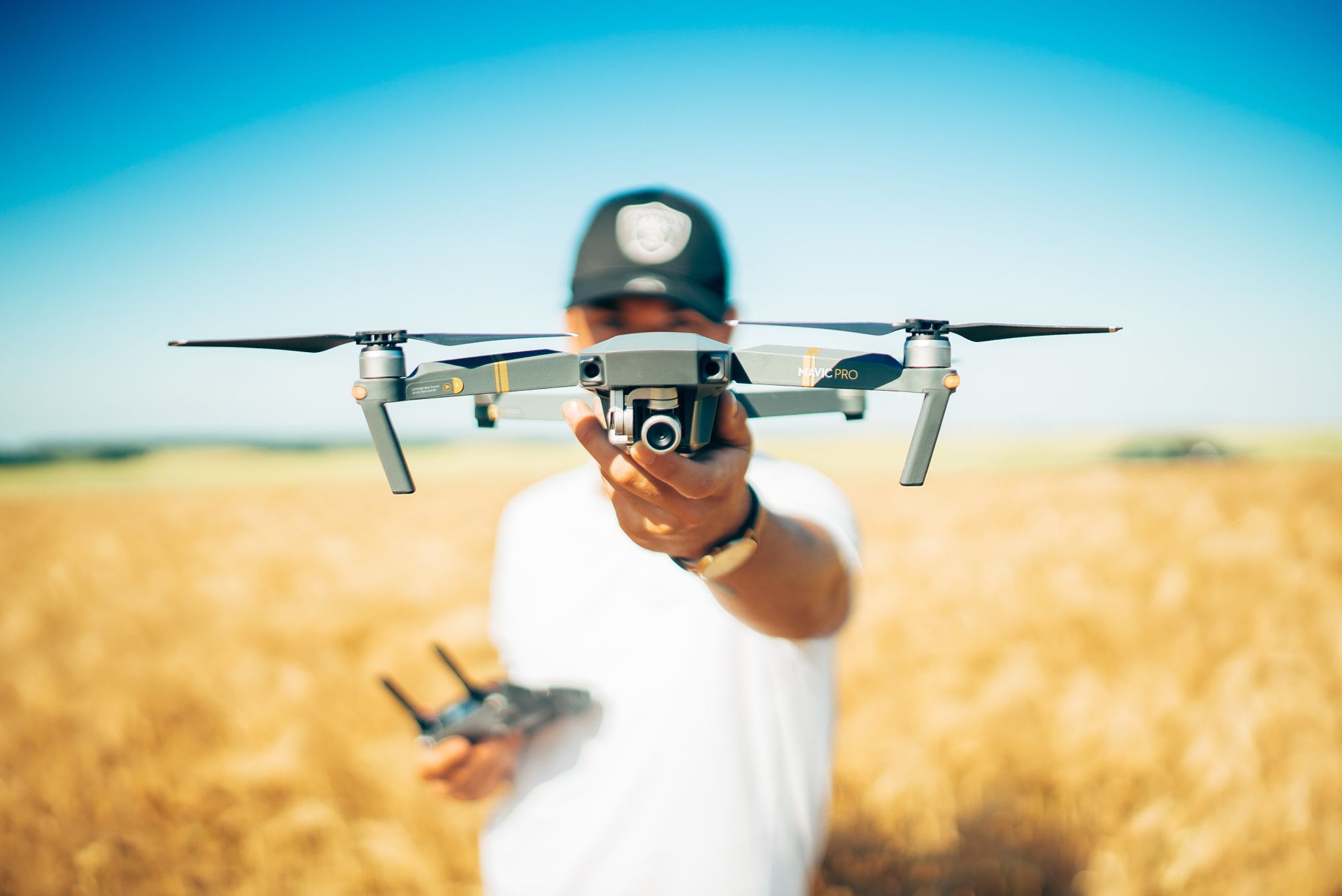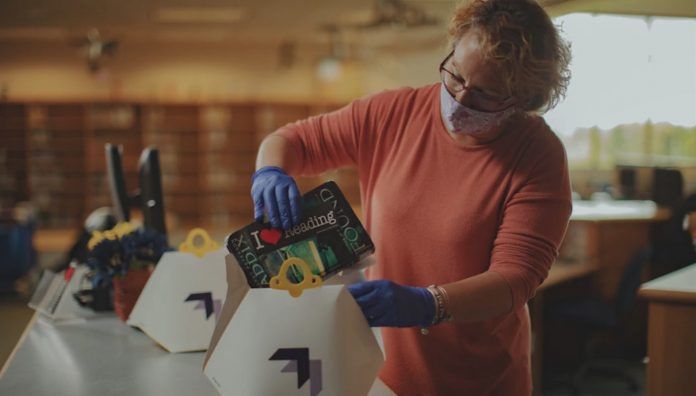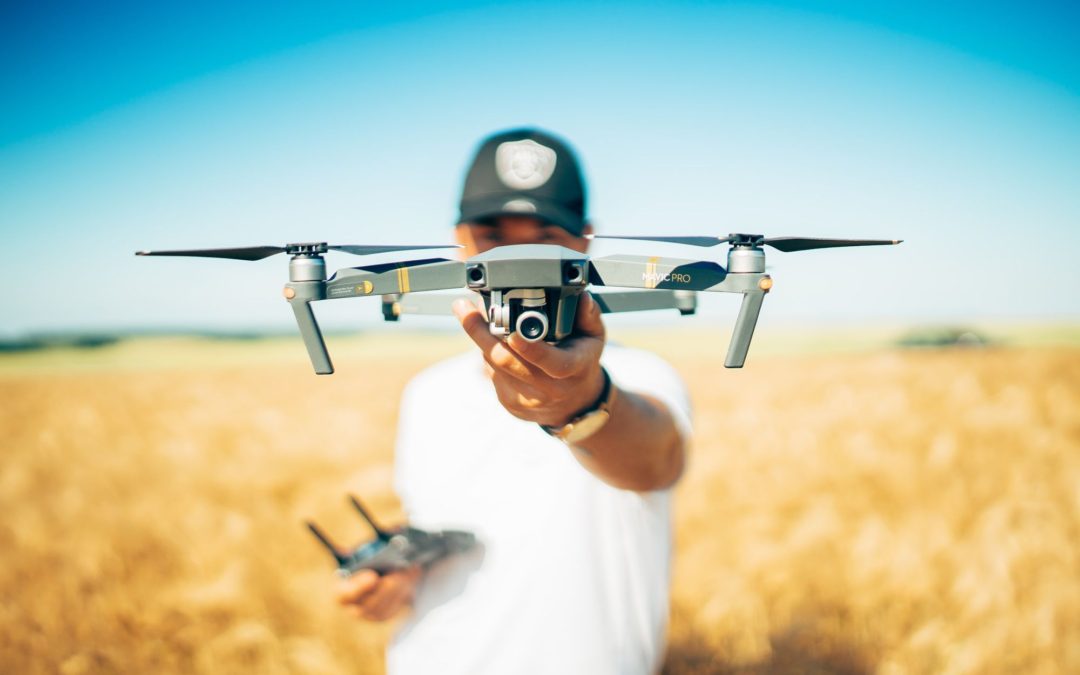
Many future visions are about how we can utilize the airspace in a smarter way. Uber is developing flying urban taxi vehicles, and Swedish Globhe is gathering drone pilots in a global network to be able to move out into difficult terrain with medicine or disaster mapping.
The bottleneck is not the technology, but the law – getting permission for drone deliveries is difficult. In Linköping, RISE has carried out experiments with lunch deliveries, and then the key was the collaboration with the local airport to fly in their airspace during certain times. In this way, the Swedish Transport Agency could guarantee that the collision risk was in principle non-existent.
Google’s sister company Wing succeeded in its 2019 drone deliveries in the city of Christiansburg, Virginia, in the US, in collaboration with Virginia Tech. It can still be seen as a test bed, but during the pandemic, demand for drone deliveries has naturally increased sharply.

At the same time, the city launched a kind of school bus service, which could deliver school food and library books to the home-working students. Librarian Kelly Passek was impressed by the rapid Wing deliveries and lobbied for book loans to also be included in the service.
That said, after the end of the semester in June, the city’s summer-law school students now have the opportunity – first in the world – to have their literature delivered from the sky.





